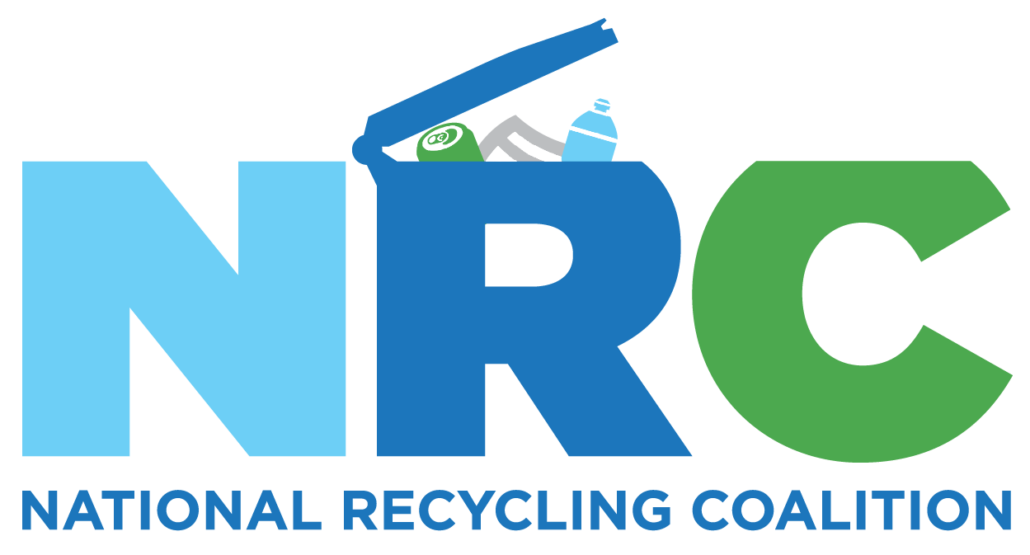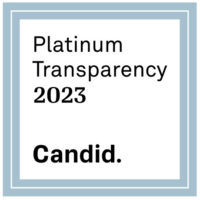National Standards Certification Board (NSCB)
Mission
The mission of the National Standards Certification Board (NSCB) is to support the maintenance of high national professional standards for sustainable professionals by facilitating the development of state/or regional certification programs, and developing and maintaining a national accreditation of such certification programs.
Who we Are
A community of professionals in the waste reduction, reuse, recycling, composting industry and academics throughout North America have agreed that national standards for training and professional development programs would positively impact the professionalism of the industry. After years of discussion from this broad spectrum of stakeholders and using the experience of existing certification programs, the framework and criteria for professional training programs has been established. This framework and its key components would also allow states, regions, or countries the flexibility to develop state, provincial or topical-specific certified training around a set of national standards. Certification and levels of certification would further provide professionals with a way to distinguish themselves from others in the field. By improving the overall knowledge and understanding of workers in the industry, certification programs help increase the credibility and level of competence in the field.
Using the same framework and key components, a national accreditation process has been established that would allow state/regional certification programs to seek national accreditation of their certification program. Transferability within and between states, provinces and regions would be facilitated by a national accreditation process and provide accredited certified professionals a way to expand their involvement through alternate pathways established by local, state or regional certification programs.
2019 National Standards Certification Board Members
MaryEllen Etienne, Reuse International
John Frederick, NRC Board, NSCB Vice-Chair
Judi Gregory, NSCB Secretary, Go2Zero Strategies
Marie Kruzan, Association of New Jersey Recyclers, NSCB Chair
Gary Liss, Grassroots Recycling Network, NRC Board
Sarah Pierpont, New Mexico Recycling Coalition
Joanne Shafer, Centre County Recycling and Refuse Authority, Pennsylvania and Professional Recyclers of Pennsylvania (PROP)
Project Manager: Jack DeBell, University of Colorado
Why a national standard?
As environmentally sound waste and resource management becomes a higher priority for local governments, businesses and institutions, a well trained pool of Sustainable Resource Management professionals becomes even more important. Certification is a means to identify qualified professionals committed to personal excellence and achievements of skills, knowledge, and a demonstrated broad understanding of Sustainable Resource Management issues. The professional status of certification can be displayed as a visual tool of professional designation on business cards, correspondence, research, reports, and other printed or published materials.
Efforts to train professionals on Sustainable Resource Management must be effective and credible. Just as importantly, it will be beneficial if they are also consistent from one state to another. If an individual is recognized as a Certified Sustainable Resource Management Professional, it should mean that they possess the same level of knowledge and competence throughout the country.
Individuals who have been certified by a RONA accredited program and who wish to become certified in another state or region covered by another RONA accredited certification program must follow that states’ or regions’ defined requirements.
Relationship to national training programs
While there are several effective national based training programs, a significant portion of professional training needs to address unique regional, state and provincial issues. The NSCB judged that these programs were important and valuable, yet often inconsistent in amount of instruction time and what students learned.
The opportunity to attend training classes closer to home further means that local government, small business and institution managers and staff could have access to such training. It would often be impractical or expensive for them to participate in nationally-based training programs.
The NSCB also determined that nationally- based programs could be designed and administered to complement state and provincial programs certified by the NSCB. The nationally-based programs would benefit from a larger pool of professionals that would be seeking certification through their own local organizations. Participants might take classes sponsored by the national organizations, while national organizations might also partner with states or provinces to offer classes that would satisfy the requirements of both programs.
Multiple levels of certification
A standard that calls for at least thirty hours of training, accreditation by a university and a comprehensive exam is intended to be the first stage of national certification programs. The NSCB plans to add multiple levels of certification over time to reflect different levels of instruction. These could include:
- Operator Certificates for hands-on operators of major facilities (such as programs in Maryland, New Mexico and Pennsylvania)
- Waste Auditors (such as the Recycling Council of Ontario’s program focused on this subject for janitorial staff, waste haulers and environmental health & safety staff)
These may not need to be certified by a post-secondary institution and different standards will need to be developed to address the unique attributes of these programs.
The NSCB also recognizes that higher levels of certification or academic training may merit Senior or Upper Level Certificates as a result of more extensive instruction time and work on real-world projects. For example, the oldest state-based recycling training program in the country in New Jersey requires over 100 hours of instruction. Pennsylvania’s Senior Certified Professional requires hours above the minimum 40 hours. The NSCB also noted that future levels of certification may consider the knowledge, skills and experience of students entering the program, to more carefully communicate what employers may expect graduates to know. In addition, certification standards may require a certain level of project experience to be certified at higher levels.
Higher levels of certification may also be appropriate for:
- For-credit course work at Community Colleges (such as the Recycling and Resource Management program in California that began in 2011)
- For-credit course work and matriculation as part of a higher education degree program at a community college, college or university
These are some of the factors that will be considered by the NSCB in developing multiple levels of certification. NSCB reserves the right to update Accreditation Criteria yearly.

